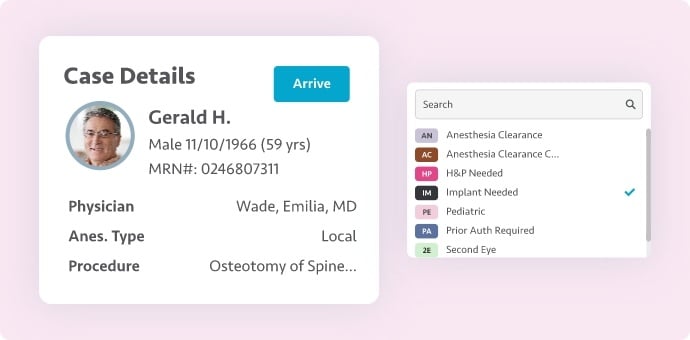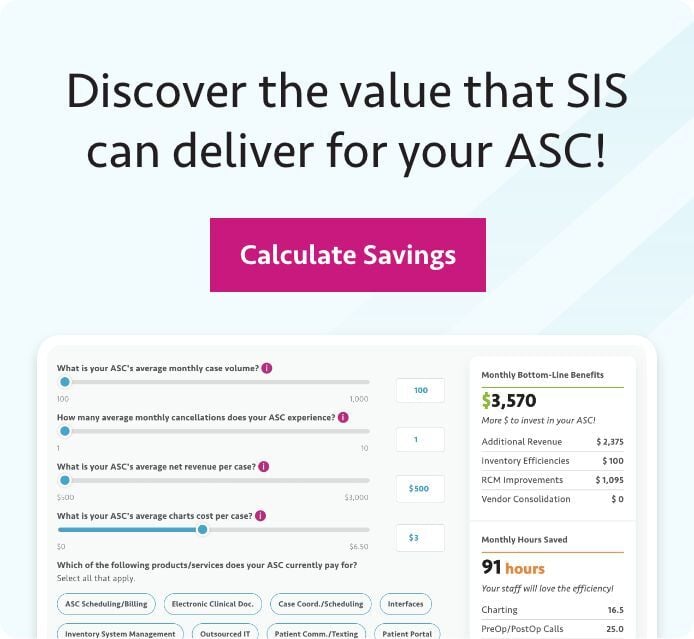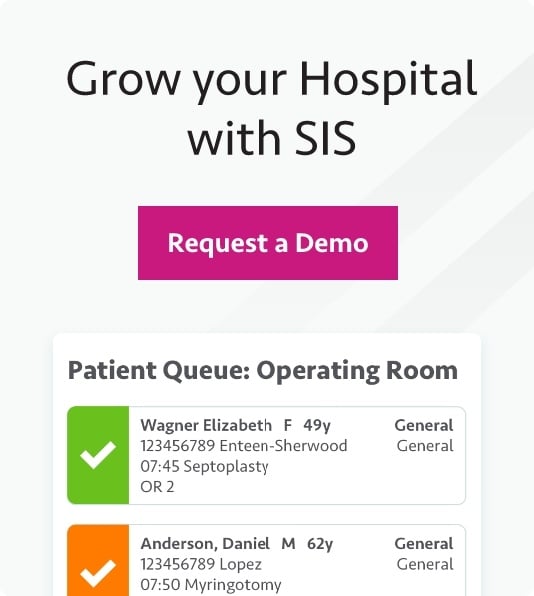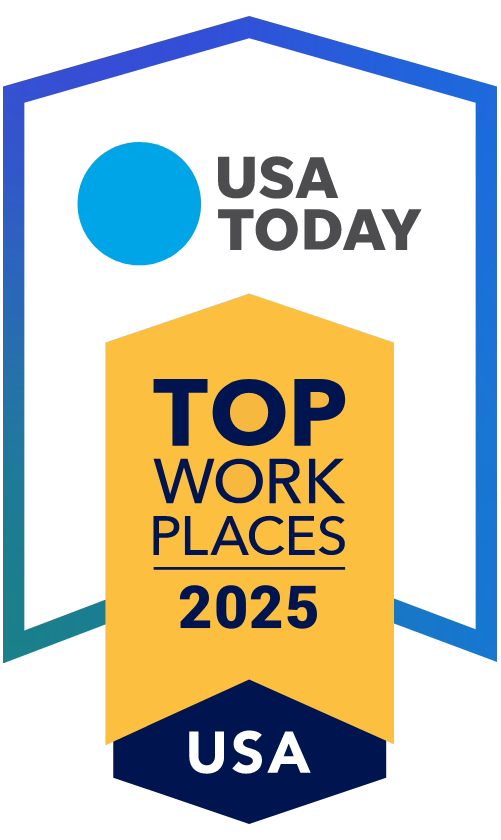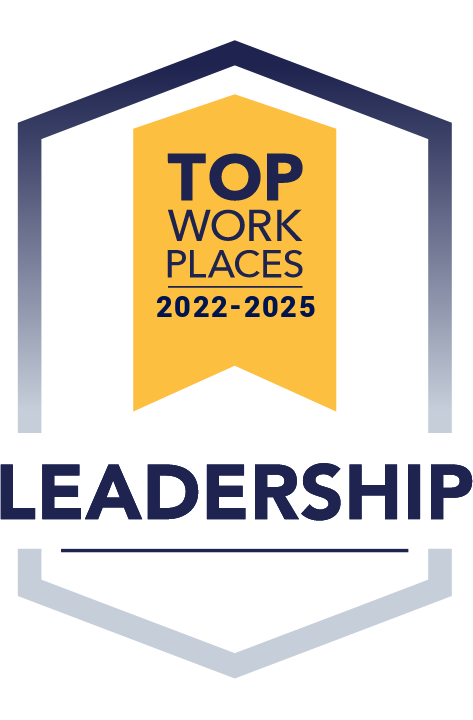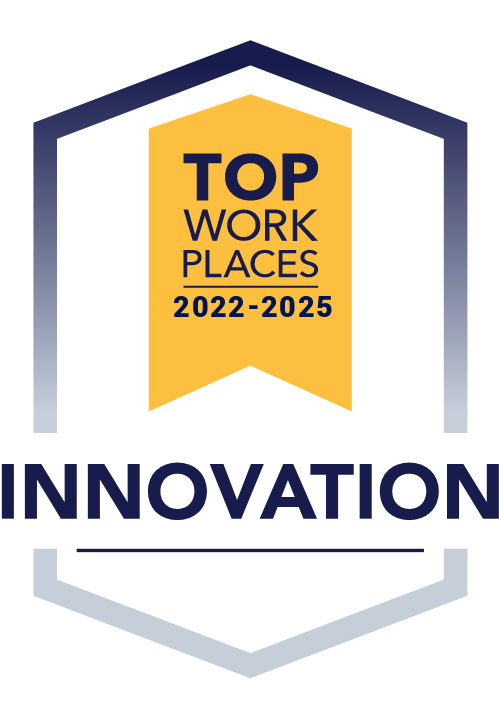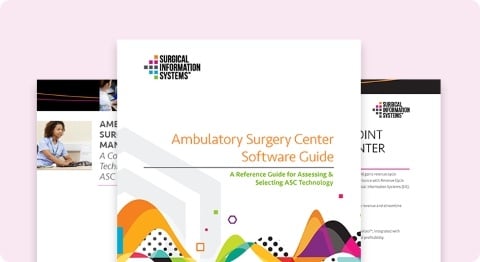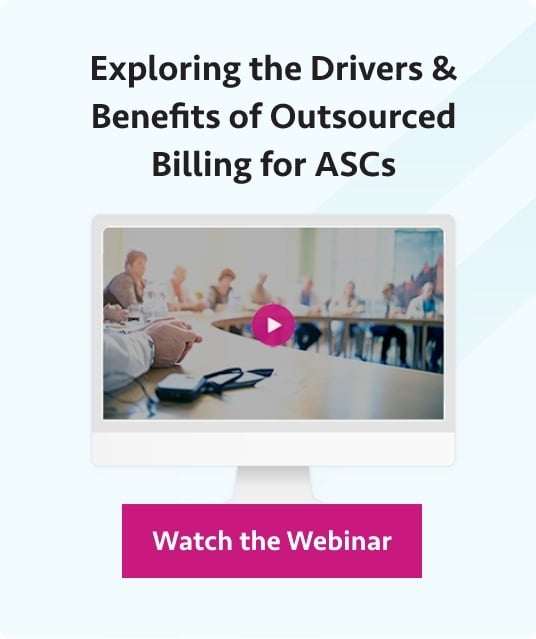 Following my recent presentation during a webinar hosted by SIS on "Boosting Staff Productivity: Getting the Most Out of Each Generation," I was asked three terrific questions. Here they are, along with my responses, summarized for readability.
Following my recent presentation during a webinar hosted by SIS on "Boosting Staff Productivity: Getting the Most Out of Each Generation," I was asked three terrific questions. Here they are, along with my responses, summarized for readability.
Q: Our ASC is converting to an electronic health record (EHR) and we're having trouble getting the baby boomers to use it. Even some Gen Xers are moving slowly and not embracing the change. What can we do to overcome this resistance?
A: This is an area where I would look to play to generational strengths. If there are people in your center who you know like computers and technology, call on them to mentor the other employees. It will often be your younger employees who can play that role of mentor to your older generations.
Also consider leaning on any nurses who came to you from hospitals. They may be accustomed to using larger — and likely less user-friendly — systems. Fortunately, in your ASC, if you're using an EHR designed for surgery centers, you're providing them with a system that should be much simpler and more user friendly.
Remember: You can't make use of the EHR optional. Older employees don't have the option of saying, "I'm two years from retirement, so I don't need to learn this." It's not a choice. Staff must be told they need to learn how to use the EHR and, to do so, will be paired with someone to help with the training.
EHRs are becoming more commonplace in ASCs. Soon we're all going to need to use them. The good news is there are some great systems. It's just going to take a little time and effort to get used to them.
Q: I'm a millennial and a manager. I feel that our older nurses are leery of me. They don't seem to respect me and my position. In some cases, they even undermine my authority. What should I do?
A: This is a tough question. Managers can be undermined by "informal" leaders in a surgery center. If you're a millennial manager, it's likely because you've proven yourself and earned that role. It's wrong for your staff to be leery of or undermine you, but generational differences can create this strife. Millennial managers will need to be trained in how to deal with the other generations. If managers can't do so effectively, it's going to prove very difficult to get work done. Staff will likely only continue to push back.
I recommend trying to find some peers to speak with about your situation, such as other millennial managers in ASCs. Speak with the individual overseeing your ASC's human resources, whether that be a fellow employee or consultant/outside firm. Also, conduct some research. If you do an online search for topics related to "millennial manager," I suspect there's a lot of information out there. It likely won't all fit your situation but should help provide some insight.
A key to resolving the issue in your center is that if you hear a member of your staff questioning your authority, no matter who else is present, this is one of those times that you should say, "If you have something to say, please say it to everybody." If someone is talking behind your back, but within earshot, that needs to be stopped immediately.
Q: Despite being a manager of my ASC, I am not included in board meetings. I am a younger manager and still relatively new at the ASC, so I suspect these may be the reasons. My staff are learning major news from our physicians in the operating room before I'm informed. What can I do?
A: Your board members need to be reminded to keep quiet. They don't think about the ramifications of discussing important matters in a more public space. They may see another surgeon at the scrub sink and just start talking without realizing who can hear them and the harm that they're doing. Or they may just think it's okay to share those kinds of details with staff.
Information discussed at the executive level should be confidential and always kept that way. You may have to get your medical director involved to stop that behavior, unless it's the medical director contributing to the problem. Then you may need to seek the assistance of a physician champion. If you don't act on this quickly, continued sharing of board meeting information with staff — whether unintentional or intentional— will undermine your position as a manager.
On the flipside, when, as a manger, you learn about a development that's likely to have a significant impact on the short- or long-term future of your ASC (e.g., high-volume surgeon retiring), you don't want to keep it a secret from the staff for long. They are likely to learn about such news soon, regardless of your efforts to keep it quiet.
This is an instance where transparency is best. Make sure your board knows you intend to share the news, then explain to staff what's going to happen. Focus less on the news and its implications and more on what the ASC is doing about it (e.g., recruiting other specialties and/or new physicians). If you try to keep the truth from your staff, when they finally learn the news, they may feel like you intentionally kept them in the dark without a justifiable reason, regardless of your intentions. If staff feel like they cannot trust you anymore, they may move on before you've ever had the chance to address the matter.




